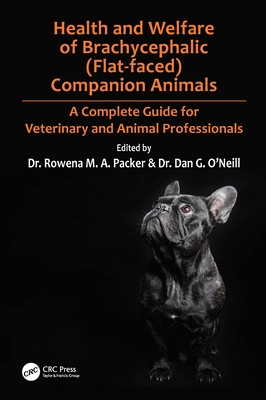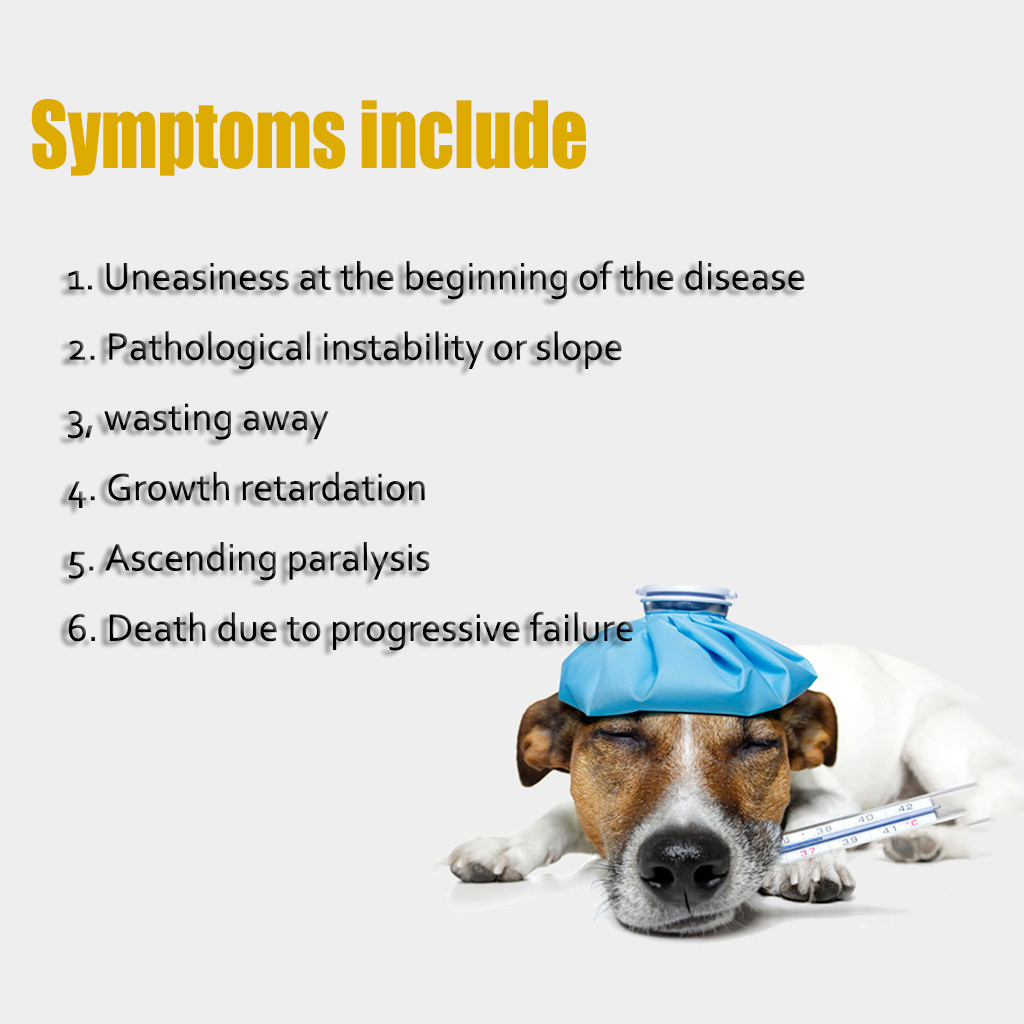The Dark Side of the Exotic Animal Pet Trade: Understanding Its Impact on Wildlife and Society
#### Exotic Animal Pet TradeThe exotic animal pet trade refers to the buying and selling of non-domesticated animals as pets, which has become a controversi……
#### Exotic Animal Pet Trade
The exotic animal pet trade refers to the buying and selling of non-domesticated animals as pets, which has become a controversial and rapidly growing industry worldwide. This trade often involves species that are not only unique and visually stunning but also come with a host of ethical, ecological, and health-related concerns. As more people seek to own rare and exotic pets, the implications of this demand are becoming increasingly apparent.
#### Ethical Concerns
One of the most pressing issues surrounding the exotic animal pet trade is the ethical implications of keeping wild animals in captivity. Many of these animals are taken from their natural habitats, often through illegal poaching, which contributes to the decline of wild populations. This not only threatens the survival of species but also disrupts entire ecosystems. Additionally, keeping wild animals as pets can lead to significant welfare issues, as these animals have complex needs that are often not met in a home environment.

#### Health Risks
Another critical aspect of the exotic animal pet trade is the health risks associated with owning non-domesticated animals. Many exotic pets can carry zoonotic diseases—diseases that can be transmitted from animals to humans. For example, reptiles, such as snakes and iguanas, can carry Salmonella, while primates can transmit Herpes simian virus. These health risks not only affect pet owners but can also pose broader public health concerns, especially in the context of global pandemics.
#### Legal Regulations

The exotic animal pet trade is subject to a complex web of legal regulations that vary widely by country and region. In some places, certain species may be banned or require special permits, while in others, the trade is largely unregulated. This inconsistency makes it challenging to enforce laws and protect endangered species. Organizations like the Convention on International Trade in Endangered Species of Wild Fauna and Flora (CITES) work to regulate the international trade of endangered species, but enforcement can be difficult.
#### Conservation Efforts
In response to the challenges posed by the exotic animal pet trade, various conservation efforts are underway to protect both wildlife and potential pet owners. Education campaigns aim to raise awareness about the consequences of owning exotic pets, highlighting the importance of adopting domesticated animals from shelters instead. Additionally, many wildlife organizations are working to rehabilitate and release animals that have been rescued from the pet trade, while also advocating for stricter regulations to prevent illegal wildlife trafficking.

#### Conclusion
The exotic animal pet trade is a multifaceted issue that requires careful consideration and action from individuals, communities, and governments. While the allure of owning a unique pet can be strong, it is crucial to understand the broader implications of this choice. By promoting ethical pet ownership, supporting conservation efforts, and advocating for stricter regulations, we can work towards a future where both wildlife and human health are prioritized. Ultimately, the goal should be to appreciate and protect exotic species in their natural habitats rather than bringing them into our homes as pets.